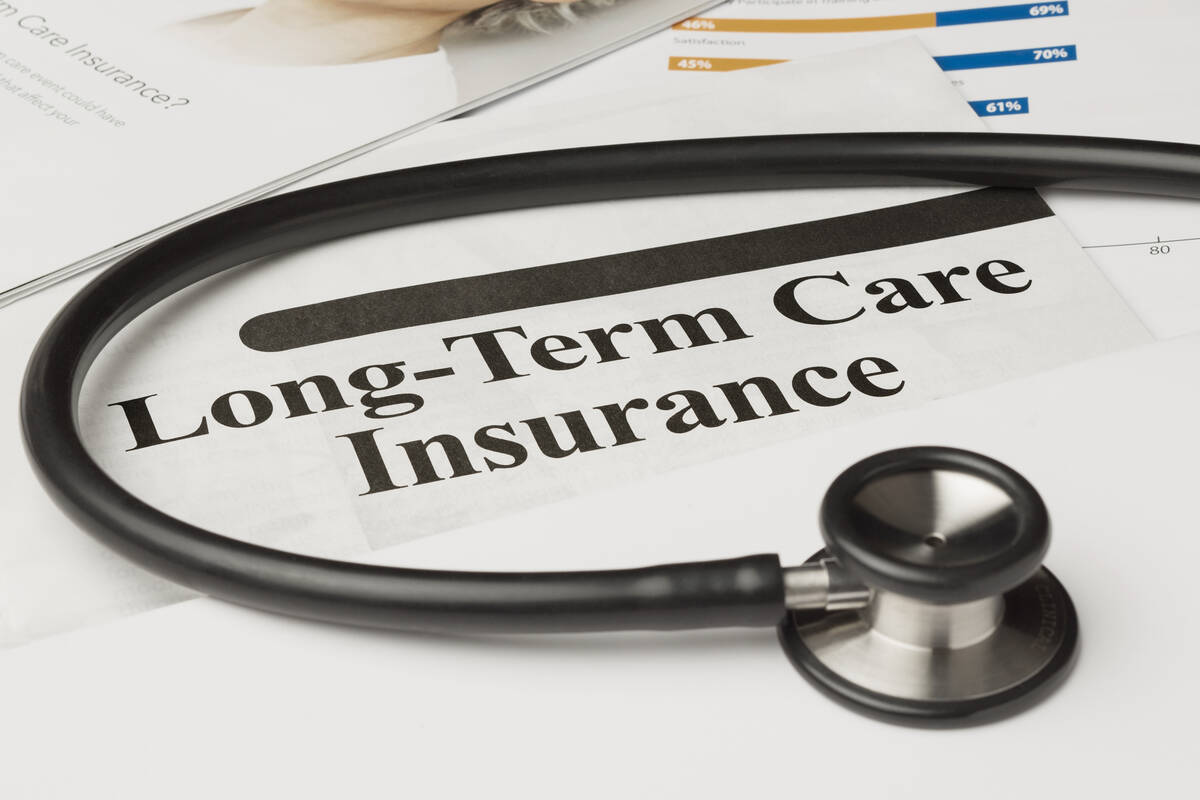Would you be prepared if a life-changing event struck?
Dear Toni: Recently, I had a bad car wreck and ended up with a minor concussion from hitting the windshield. My wife was not hurt. I am 55 years old and have not thought about long-term care planning in case of a life-changing event. I work for a large company, and the company’s financial adviser has never discussed this with me. What do I need to do? — Steve, Las Vegas
Dear Steve: Many people fail to realize how their life can be turned upside down in an instant.
Let’s discuss what financial plans and legal documents you will want to have in place to protect you, your family and your elderly parents.
Financial plans
Life insurance: Term, universal or whole life insurance if you are losing your life insurance benefit from your employer when you retire. I always advise clients to have personal life coverage aside from work coverage as extra protection.
Long-term care plan: The younger you are when you and your spouse purchase a long-term care policy, the lower the premiums will be. My advice is to search for a long-term care plan while younger and in relatively good health. Make sure that the policy covers care at home and in-facility care. Also note: Many life/annuity insurance policies have a provision if you need long-term care. You can receive a certain amount of long-term care with your life/annuity policy’s face amount.
Short-term care plan: This helps pay for care at home or in a facility for a maximum of two years. It does not cover the same benefits as a long-term care plan.
Legal documents
Power of attorney: This is the cornerstone of a financial management plan. Power of attorney appoints someone to manage your financial affairs in the event of illness or incapacity. Without this document, one risks having his or her affairs managed by a court-appointed guardian, possibly a stranger, under court supervision and often without the ability to have any input.
Medical power of attorney: This gives someone you trust the legal authority to act on your behalf regarding health care decisions if you ever become incapacitated or unable to communicate.
Living will: This is a written statement that details the type of care you want (or don’t want) if you become incapacitated.
Adult children of elderly parents need to be sure that their parents also have these three legal documents in place.
Toni King is an author and columnist on Medicare and health insurance issues. If you have a Medicare question, email info@tonisays.com or call 832-519-8664.


















